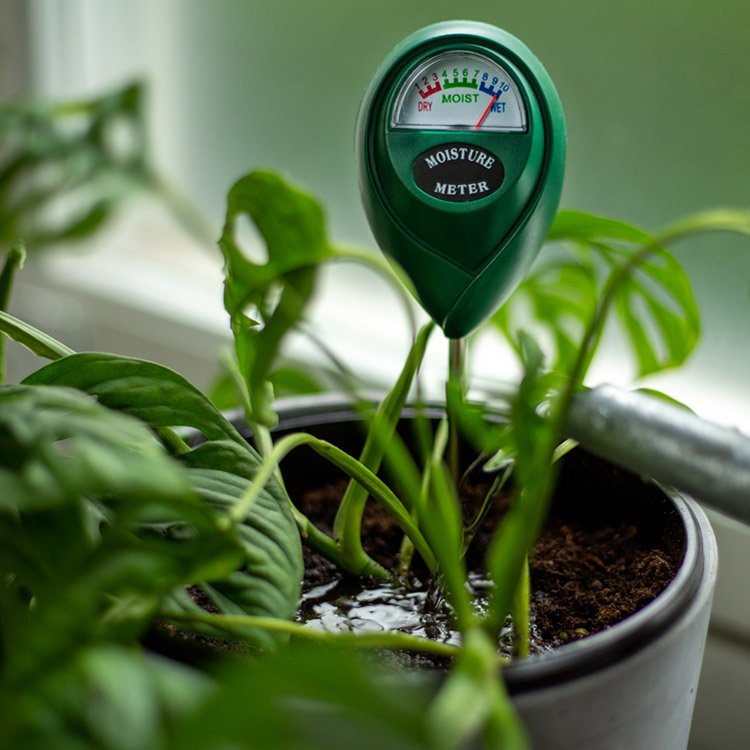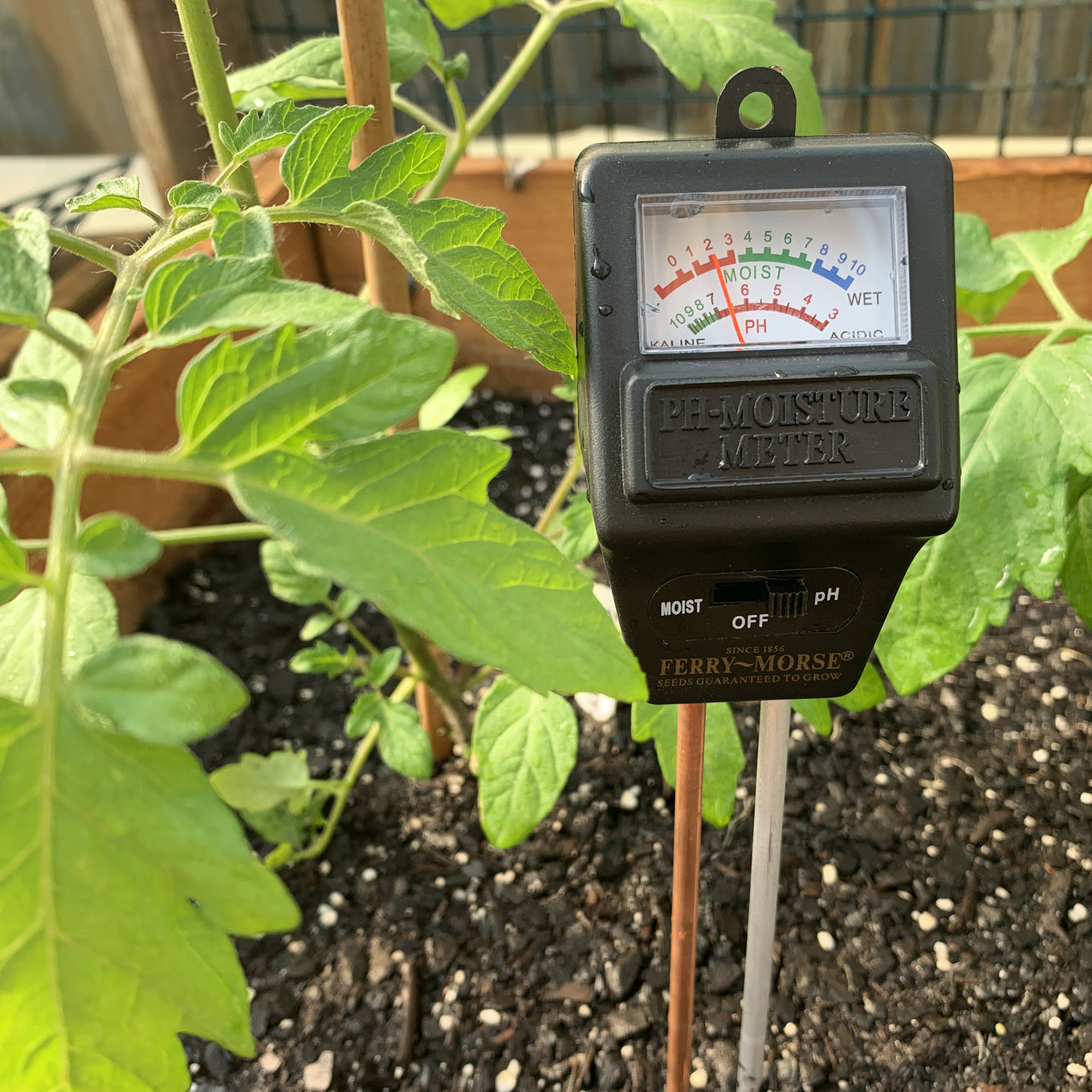Just How a Moisture Meter Can Help You Preserve Ideal Problems in Your Home or Workplace
Just How a Moisture Meter Can Help You Preserve Ideal Problems in Your Home or Workplace
Blog Article
The Ultimate Guide to Moisture Meters: A Comprehensive Introduction and Just How They Can Conserve You Cash
In the world of structure maintenance, building and construction, and various markets, the significance of precisely gauging wetness degrees can not be overemphasized. Wetness meters serve as indispensable devices in finding and keeping an eye on moisture content in products, helping in avoiding expensive problems and making sure the high quality of products. Comprehending the subtleties of various types of moisture meters, their applications, and the potential cost-saving benefits they provide can be a game-changer for businesses and experts alike. Finding how these tools can not only enhance processes yet likewise contribute to monetary cost savings is a journey worth starting.
Kinds Of Moisture Meters
One typical type is the pin-type wetness meter, which measures the electric resistance between two pins put into a material. Pinless wetness meters, on the various other hand, usage electro-magnetic sensor plates to scan a bigger area without triggering damage to the product's surface.
Additionally, there are likewise specialty moisture meters designed for specific materials like hay, grain, or dirt. These meters supply exact wetness readings tailored to the special residential properties of the product being tested. Infrared dampness meters determine the thermal properties of a material to establish its dampness material non-invasively, making them helpful for applications where pin or pinless meters may not be suitable. Recognizing the various types of moisture meters available can assist industries pick one of the most appropriate tool for their details wetness measurement needs.

Advantages of Making Use Of Moisture Meters

Moreover, using wetness meters can lead to enhanced power effectiveness. By determining areas with high moisture degrees, such as leaks or poor insulation, changes can be made to boost energy preservation and minimize utility costs. In farming setups, moisture meters play a critical function in enhancing crop returns by allowing farmers to check dirt wetness levels and make educated watering decisions. In general, the benefits of making use of wetness meters cover throughout various industries, giving cost-efficient options and promoting better top quality control methods.
Exactly How to Choose the Right Moisture Meter
Selecting the suitable wetness meter entails taking into consideration key factors such as material compatibility, measurement array, and calibration accuracy. When picking a moisture meter, it's vital to ensure that the meter appropriates for the particular product you will certainly be testing. Different products have differing electrical residential or commercial properties that can influence wetness analyses, so choosing a meter made for your product is critical for exact results. Additionally, think about the dimension variety of the moisture meter. Make sure that the meter can detect moisture degrees within the variety required for your applications. Calibration accuracy is another important variable to remember (Moisture Meter). Go with a dampness meter with reputable calibration to make certain constant and accurate analyses. Some meters might require periodic calibration modifications, so understanding the calibration procedure is essential. By meticulously examining these variables, you can select a dampness meter that meets your requirements and supplies exact moisture dimensions for your tasks.
Correct Methods for Moisture Meter Use
To ensure accurate dampness readings and optimize the performance of a moisture meter, employing proper strategies is important. When utilizing a pin-type dampness meter, put the pins or probes into the material being checked up until they make full contact. Ensure the pins are perpendicular to the surface to get the most accurate reading. For pinless dampness meters, hold the gadget level versus the product and relocate it gradually to cover the whole location for an average reading. It's important to adjust the dampness meter according to the material being evaluated to improve accuracy. Take several analyses throughout the surface and ordinary them out for an extra reputable result. Additionally, ensure that the material being examined is adapted to the atmosphere to avoid manipulated analyses. Routine upkeep of the wetness meter, such as cleansing the pins or sensing unit, is also important to ensure consistent and precise readings. By following these proper methods, customers can rely upon their wetness meter to supply credible wetness degrees, assisting in avoiding costly damages or making certain quality in various applications.

Cost Savings Via Moisture Meter Applications
Exactly how can the critical use of moisture meters bring about substantial cost financial savings across different industries? Wetness meters play a critical duty in expense financial savings by preventing prospective damage and making sure quality control in different fields. In the farming sector, moisture meters aid in figuring out the optimum time for collecting plants, stopping over-drying or excess dampness that can influence the end product's top quality. This specific tracking assists farmers stay clear of unneeded losses and optimize their return.

Furthermore, in the food processing sector, moisture meters are crucial for monitoring item top quality and making certain conformity with security policies. By accurately measuring moisture content in foodstuff, manufacturers can prevent spoilage, maintain freshness, and decrease waste, causing significant expense financial savings. Overall, the calculated application of dampness meters is an important investment that can lead to considerable price reductions and enhanced performance throughout different sectors.
Final Thought
To conclude, moisture meters are useful tools for determining and identifying dampness levels in different materials. By using the ideal wetness meter and following proper methods, customers can effectively avoid costly problems caused by excess wetness. Investing in a quality wetness meter can result in significant expense savings in the lengthy run by determining potential problems at an early stage and allowing prompt removal. Eventually, dampness meters are important tools for keeping the honesty and longevity of products and frameworks.
Wetness meters offer as vital tools in discovering and monitoring moisture material in products, helping in preventing costly damages and making sure the quality of products. Infrared wetness meters measure the thermal residential properties of a material to determine its wetness material non-invasively, making them useful for applications where pin or pinless meters might not be appropriate.Moisture meters use vital benefits in accurately checking website link and evaluating moisture levels in diverse products and atmospheres. In agricultural setups, dampness meters play an essential duty in maximizing crop returns by enabling farmers to check dirt wetness levels and make educated watering choices.In final thought, wetness meters are useful tools for finding and gauging moisture degrees in numerous materials.
Report this page